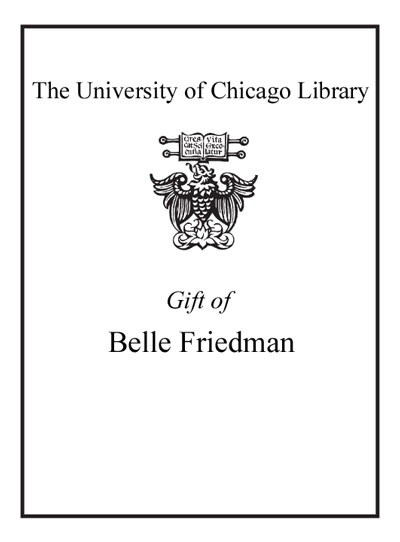Review by Choice Review
Emanating from a cutting-edge conference of the same name at Macquarie Univ., Australia, this absolutely necessary volume represents renewed interest in the intersection of philosophical and psychological approaches to study of the role of emotions in moral reasoning and vice versa. Langdon (cognitive science) and Mackenzie (philosophy) bring together a diverse group of philosophers, psychologists, and cognitive scientists whose interests all converge in one way or another on moral cognition. The aim of the book is to promote a cross-disciplinary dialogue between psychologists and philosophers who study moral thought and action; the volume is also aimed implicitly at demonstrating the usefulness of empirical research strategies in studying moral cognition and behavior. The contributions are organized into two sections; the first examines the relationship of empathy to moral behavior in a variety of domains, from the role of fiction in promoting moral thought to the neurological underpinnings of moral reasoning. The contributions in the second section concern the methodology and philosophical implications of the emergence of an experimental moral psychology. The volume concludes with a set of critical ruminations on the value of the research described in the preceding chapters and what it might mean for the future study of the moral animal. Summing Up: Essential. Upper-division undergraduates through faculty/professionals. R. R. Cornelius Vassar College
Copyright American Library Association, used with permission.
Review by Choice Review

